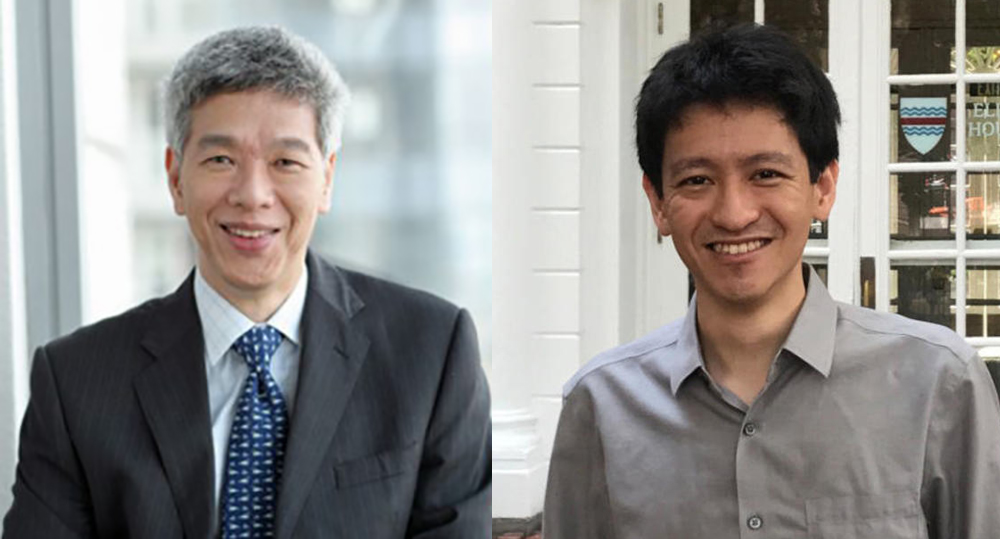Manpower Minister Josephine Teo’s announcement on Wednesday (26 August) on her ministry’s plans to increase the salary criteria for Employment Passes (EPs) and S Passes garnered a multitude of disgruntled reactions among Singaporeans.
Individuals holding Employment Passes are now required to earn a minimum of S$3,900 a month, whereas those on S Passes must earn a minimum of S$2,400 a month. The bar will be higher for older, more experienced workers.
Many commenters called upon the Ministry of Manpower (MOM) to put in place stringent quota for the two passes, particularly EP, instead of simply raising the salary criteria.
They highlighted that multinational companies (MNCs), for example, may still not be deterred from hiring migrant professionals, managers, executives and technicians (PMETs) in place of their Singaporean counterparts.









Many commenters also urged the Government to impose higher levies on firms that continue to hire migrant staff and heavier penalties against employers found flouting the work passes’ requirements by using false declarations.








Many commenters also proposed increasing the wages of local workers — or even introducing a minimum wage — and to instate more policies that will create more employment opportunities for Singaporeans.








Several commenters said that increasing salary requirements for EP and S Pass holders should be limited to certain industries.




One commenter said, however, that the new minimum salary requirements may push companies to hire Singaporeans over “foreign talents” as “it might no longer be worth the administrative time and effort” to hire the latter.
However, the absence of a Central Provident Fund (CPF) contribution requirement for FTs may still render the increased minimum salary requirement ineffective.

One commenter argued that raising the minimum salary requirement “means forcing employers to think why they need to spend so much money” on FTs instead of local workers.
They added that companies are beginning to prefer hiring Singaporeans “for a more stable workforce” and will not “take the risk of faking documents or relying on yearly renewal of EPs”.


A commenter suggested increasing the salaries of low-wage migrant labourers instead of those working as PMETs, given the former’s contributions to building much of Singapore’s infrastructure.


One commenter opined, however, that the real issue with unemployment among local PMETs is not necessarily with salary criteria for their migrant equivalent but rather a lack of “the required emerging technology skill sets”.







